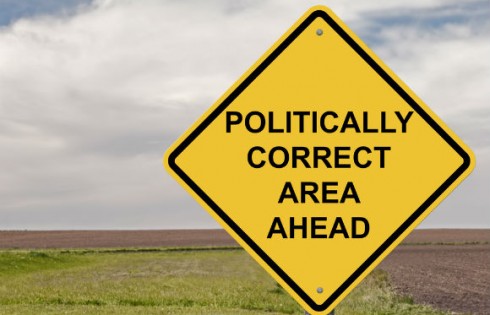
Journal reviewer raises concerns about reliability of open-access studies
Students and scholars should be aware of the differences between paywalled and open-access journals if they wish to successfully navigate the academic world, a former professor and journal review told The College Fix.
He even has suggested that learning these differences be a standard part of college education.
“Science information literacy should be taught as a part of all college-level science classes,” Stuart Vyse said in an email to The Fix.
Vyse (pictured) taught at universities in Connecticut for more than 40 years and has served as an ad hoc reviewer for different academic journals. He currently writes for Skeptical Inquirer where he has written about the problem of publishing integrity.
“Traditional science journals are not perfect,” Vyse said. “They do separate their income stream from the review process, eliminating the incentive problem of open-access journals, but traditional journals are expensive and hide scientific information behind a paywall. This limits the spread of knowledge.”
“Open access solves this problem but, in some cases, creates concerns about quality. The biggest concern about Open-Access publishing is the incentive structure it creates,” he said.
“Publishers make money in the form of processing fees paid by the authors on acceptance. Where this model is used, there is an inherent incentive for the publisher to accept articles,” Vyse told The Fix. “The lower the standards for acceptance, the greater the income for the publisher.”
Vyse said that the worst problem with some OA publishing is false information.
“The threat of promoting false information is the worst problem, but to the extent these bad publications and bad journals become known, they have the potential to erode faith in science in general,” he said.
There are varying degrees of quality even among the journals, Vyse said.
MORE: Nearly 1 in 4 history journal citations are inaccurate
“Predatory journals are a separate category of journals that actively seek out submissions and offer little or no genuine peer review of the work. This is the worst category of open-access journals,” he said.
The “various gradations” of journals “create a huge problem of information literacy.”
That is why he urges better training on figuring out quality publications versus those that have lower standards.
“Students and scholars need to inform themselves, consult lists of known predatory journals, and weigh the value of the information accordingly,” he said. “This is not an easy project because it is sometimes difficult to tell the difference between a traditional journal and an open-access journal.”
Media also gets confused about open-access versus traditional journals
The difficulty in telling between traditional and OA journals was exemplified in articles on a study about women and men throwing spears and how that might indicate that primitive cultures possibly used female hunters, as reported by The College Fix.
Interesting Engineering wrongly claimed “The complete study was published in Nature.” The complete study is, in fact, published in Scientific Reports, an open-access journal belonging to Nature, which is not open access.
The confusion points to the practices exhibited by open-access journals and is justified as even the hyperlink has “Nature” in its code despite being published in Scientific Reports and not Nature.
Vyse has identified Scientific Reports as suspicious in his research for the Skeptical Inquirer.
A spokesperson for Nature sent The Fix a link to the company’s editorial policies in response to questions about Vyse’s allegations and how the publication ensures research quality is upheld despite the profit incentive.
Additionally, there are currently no up-to-date lists of allegedly predatory journals.
Jeffrey Beall, a librarian from the University of Colorado, started a list of allegedly predatory journals but was eventually forced to stop his research because of legal attacks from the publications. A partial list of “potentially predatory publishers” was published anonymously some time later and can be found here.
Vyse said there needs to be a way to identify quality and low-quality journals.
“We need to find ways to objectively rate and identify predatory journals,” Vyse said. “We are going to need to spend far more time on educating ourselves on this in the future.”
MORE: Professor says ‘junk citations’ have created trust problem
IMAGE: Ted Talks/YouTube
Like The College Fix on Facebook / Follow us on Twitter






Please join the conversation about our stories on Facebook, Twitter, Instagram, Reddit, MeWe, Rumble, Gab, Minds and Gettr.